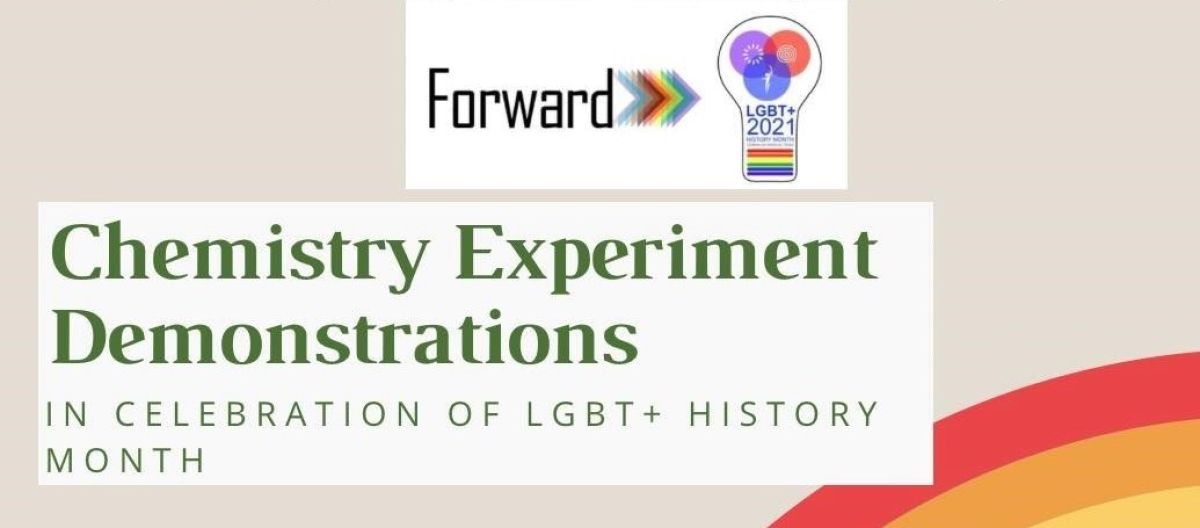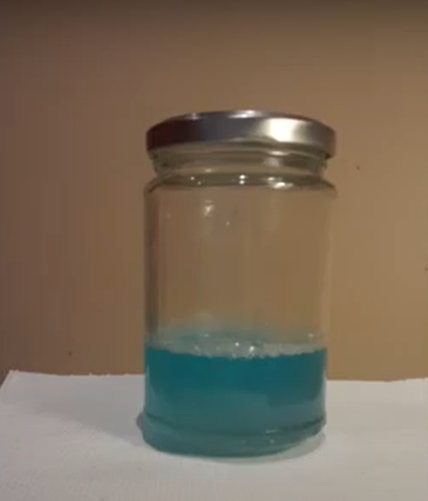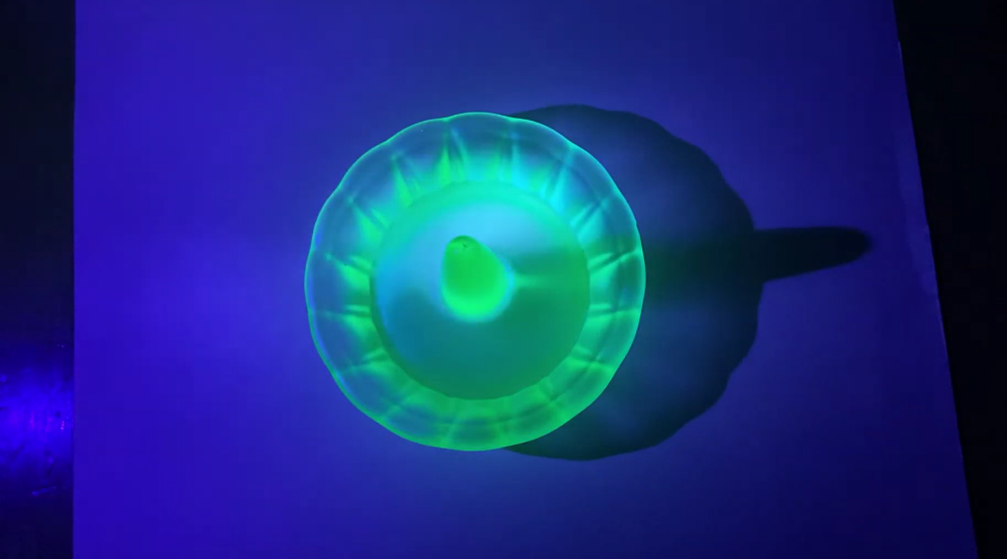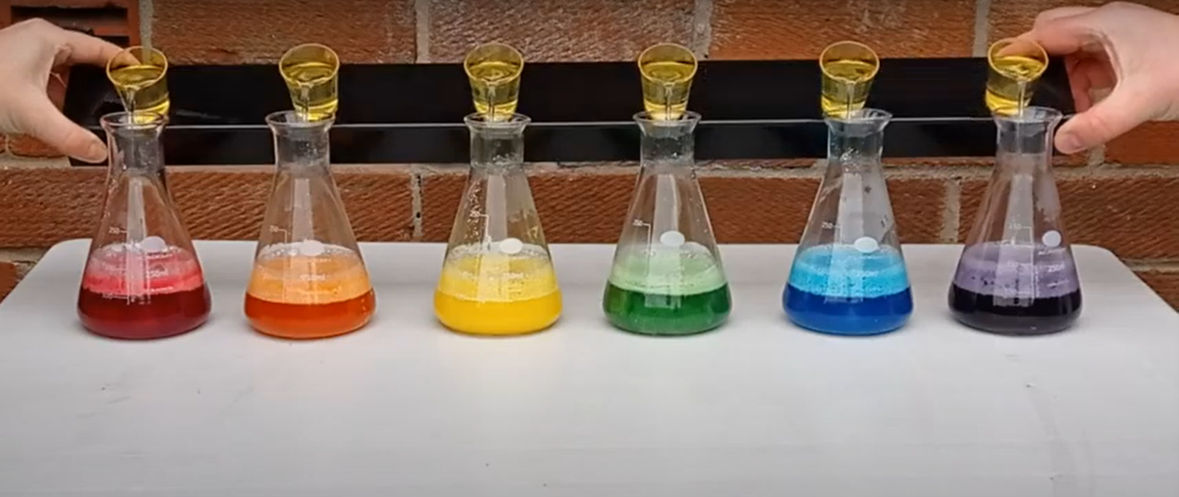LGBTQ+ History Month but make it (chemically) exciting

With the country under lockdown and people stuck in their house, Pride looks very different this year. However, the Chemistry Society, in association with LGBTQ+ organisation Forward, decided to celebrate regardless by hosting on online chemistry event in celebration of LGBTQ+ History Month on February 6th. The virtual event was open to anyone and everyone and had the advantage of being accessible from the comfort of your own home!
Forward is an LGBTQ+ outreach organisation based in Stockport. To celebrate LGBTQ+ History month, they are organising various online events ranging from music and comedy to scientific demonstrations like this one.
The events hosted by Forward are primarily based on the principles of ‘body, mind, and spirit’. They have been sponsored by NHS Stockport and many LGBTQ+ organisations, including Stockport Pride, Stockport PLUS, and The Proud Trust.
The event was the brainchild of Charlotte Istance, better known as Charley, a master’s student and the ChemSoc Inclusion Officer. She teamed up with previous UoM Chemistry lecturer Dr. Jenny Slaughter to conduct various science experiments, whilst explaining the fundamental chemistry behind each one.
The majority of the experiments performed used day-to-day supermarket items such as bath bombs and candles and were safe and easy to perform at home.
The Blue Box Experiment

Gatorade (or any similar solution containing the food colouring brilliant blue) is mixed with sugar and added to a sodium hydroxide solution. The resulting solution changes colour from blue to colourless. The colourless solution goes back to being blue when shaken vigorously. The change in colour is due to a redox reaction (reduction and oxidation). The sugar reduces the blue dye, and when shaken, the reduced blue dye gets oxidised (incorporates oxygen from air) and regains its original colour. This reaction is reversible and can be carried out multiple times.
Uranium Glass
Radioactive uranium glass contains uranium dioxide, which gives it a bright green colour. When a UV lamp is shone onto the glass, it begins to glow. This is due to an effect called fluorescence and the excitation of electrons within the glass. These electrons absorb energy from the UV lamp and are promoted to new energy levels. The electrons then lose energy and emit light as they fall back down to lower levels. The colours emitted depends on the energy gap between the ground state energy and excited energies.

Chemistry Pride Flag
A solution was prepared using warm water, food colouring from Skittles, washing-up liquid and yeast. This solution then reacted with hydrogen peroxide solution poured in from shot glasses. The yeast acts as a catalyst -speeding up the decomposition of the hydrogen peroxide into oxygen gas. When washing up liquid is added to the yeast solution, it foams up to create a beautiful rainbow coloured Pride flag!

These were just a few of the many exciting experiments that were carried out. All the colourful whizzes, pops and bangs from the science experiments attracted a large crowd of allies, members of the Stockport LGBTQ+ society and sciences enthusiasts.
Istance hopes that this virtual event helped remind people that being a member of the LGBTQIA+ community should never hinder the pursuit of science.
Videos of the experiment can be found here.
Image credit: supplied







